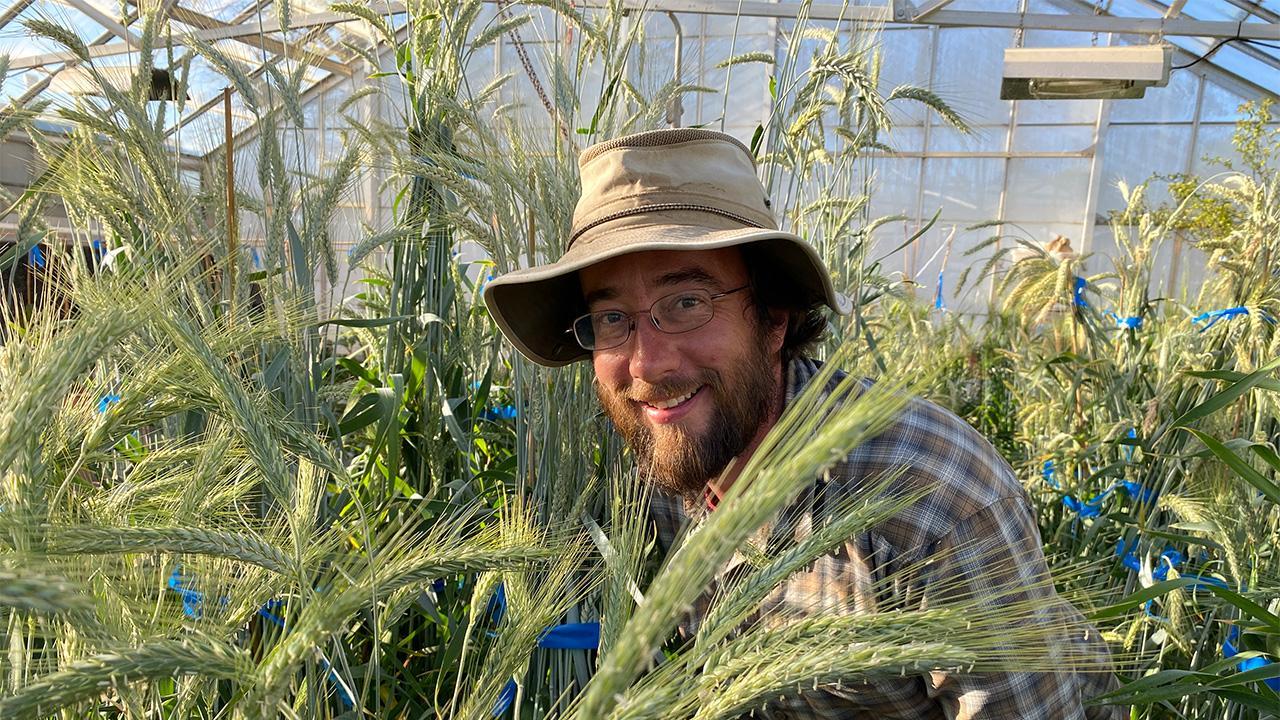
USDA Awards Research Grants to Study Triticale, Snap Beans and More
Funding part of federal innovative plant breeding program
Craft bakers love adding a little triticale to breads for its subtle blend of nutty and earthy flavors and its moist, slightly chewy texture. Farmers love the grain mainly for forage: It produces bigger yields with less water and fertilizer compared to wheat. Now, Joshua Hegarty and colleagues across the country will work on combining those qualities to create new varieties of triticale that are good for bread-baking at commercial scale.
The Agriculture and Food Research Initiative, part of the United States Department of Agriculture, has funded Hegarty’s research with a grant of $800,000 over the next four years. AFRI announced the grant today with the aim of developing new cultivars of bread-quality triticale as a higher-yield, lower-cost addition to wheat for baking.
“We are doing this work in cultivars that already are well-adapted to many of the most important grain-growing regions in the world,” said Hegerty, a project scientist in the Department of Plant Sciences working in the lab of Jorge Dubcovsky.
The grant is one of four awarded to UC Davis plant sciences scientists as part of a $16.2 million innovative plant breeding research program.
Researchers Allen Van Deynze, Charlie Brummer and Travis Parker will use the grant money to study green chile pepper varieties that can be mechanically harvested, understanding the alfalfa genome and using genomics to reduce the production costs of snap beans, respectively.
Read more about Hegarty’s research here.
Media Resources
- Trina Kleist, UC Davis Department of Plant Sciences, tkleist@ucdavis.edu, (530) 754-6148 or (530) 601-6846